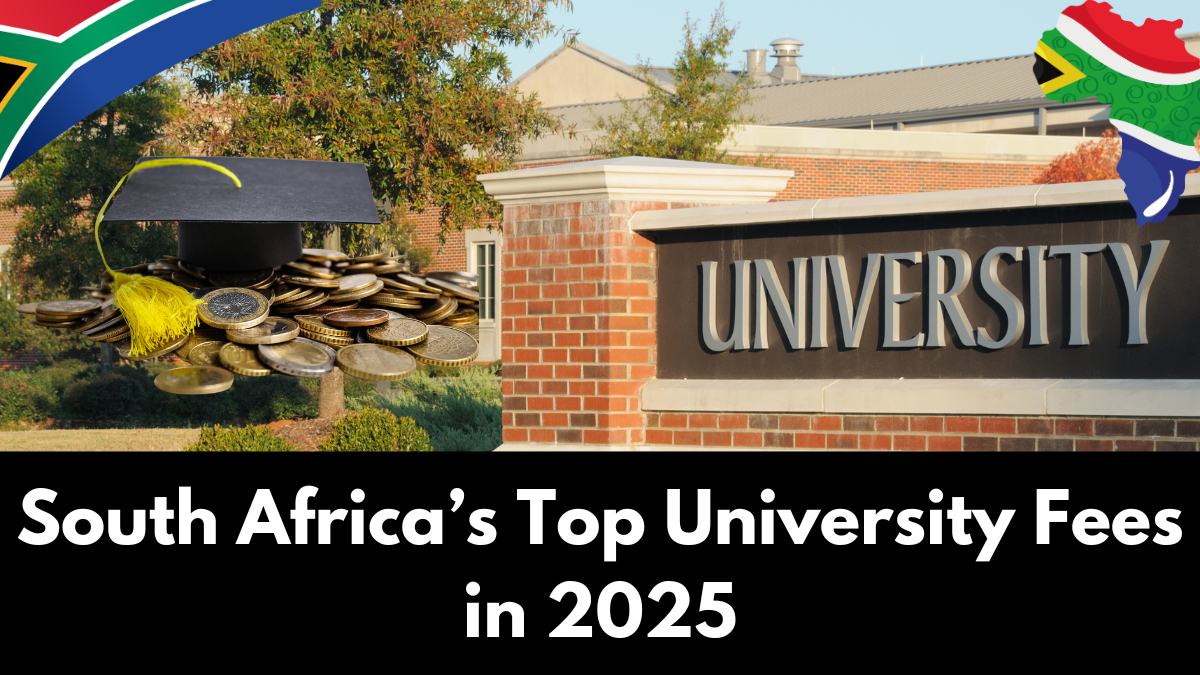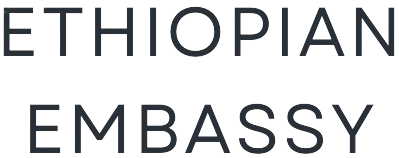South Africa is home to some of the continent’s most prestigious higher education institutions. As the academic year approaches, prospective students and parents are eager to understand the costs associated with studying at these universities. According to the Times Higher Education (THE) World University Rankings for 2024, 14 of South Africa’s universities have secured a spot among the world’s top tertiary institutions.
These rankings evaluate universities globally based on 18 key performance indicators, including teaching quality, research output, industry collaboration, and international outlook. With over 2,100 institutions from 108 countries assessed, the University of Oxford has once again claimed the top position for the ninth consecutive year, surpassing Harvard’s previous record of eight years at the top.

South Africa’s Best Universities in the Global Rankings
Securing a degree from one of South Africa’s top universities can significantly boost career prospects. Among the country’s institutions, the University of Cape Town (UCT) continues to hold the highest national ranking, placing at 180 in the global rankings. Other South African universities fall within the following ranking brackets:
- University of Pretoria (UP) – ranked between 601-800 globally.
- North-West University (NWU) – ranked between 801-1000.
- University of Fort Hare (UFH) – newly ranked in the 1500-2100 range.
These rankings reflect each institution’s academic reputation, research contributions, and global standing.
Tuition Fees at South Africa’s Top Universities (2025 Estimates)
Understanding university fees is crucial for students planning their education. BusinessTech conducted an analysis of tuition costs across various undergraduate programs at top universities. The table below outlines the estimated fees for 2025. Please note that these figures exclude additional expenses such as textbooks, accommodation, travel, and personal living costs.
| University | BA (Humanities) | BCom (Commerce) | BSc (Science) | LLB (Law) | BEng (Engineering) |
|---|---|---|---|---|---|
| UCT | R75,500 | R76,430 | R80,240 | R76,810 | R79,460 |
| WITS | R51,950 | R57,800 | R47,770 | R43,970 | R65,755 |
| Stellenbosch | R55,385 | R57,130 | R69,652 | R58,601 | R78,200 |
| UKZN | R51,911 | R55,531 | R47,831 | R52,723 | R62,324 |
| UP | R48,000 | R52,000 | R54,000 | R52,000 | R55,000 |
| Rhodes | R60,662 | R66,368 | R63,110 | R68,049 | N/A |
| UJ | R47,812 | R51,586 | R50,060 | R48,367 | R56,525 |
| UFS | R47,700 | R58,160 | R61,210 | R47,290 | N/A |
These tuition fees are based on official estimates provided by the respective university websites. Some institutions calculate tuition per module, meaning that final costs may vary based on course selections.
How to Secure a Bursary or Financial Aid
Pursuing higher education can be financially demanding, but various funding options are available. The National Student Financial Aid Scheme (NSFAS) provides financial assistance for students from low-income backgrounds.
- Full bursaries are available for students from households earning less than R350,000 per annum.
- Students from families earning between R350,001 and R600,000 annually may qualify for NSFAS student loans.
- Private scholarships, corporate sponsorships, and government-funded bursaries are also viable financial aid options.
To apply for NSFAS funding, students must first secure admission to a university and then submit a financial aid application. Early application is crucial to avoid missing out on available funding.
Conclusion
South Africa’s universities continue to offer high-quality education at a competitive cost compared to global institutions. With a strong international presence and comprehensive financial aid options, students have multiple pathways to secure a top-tier education. Prospective students should carefully consider tuition fees, available funding, and application deadlines to make informed decisions about their future.
Frequently Asked Questions (FAQs)
1. What is the highest-ranked university in South Africa?
- The University of Cape Town (UCT) holds the highest national ranking and is placed 180th globally in the Times Higher Education World University Rankings.
2. How much does it cost to study at UCT?
- Tuition fees at UCT vary by program. For example, a Bachelor of Arts (BA) costs around R75,500, while a Bachelor of Science (BSc) costs approximately R80,240 for 2025.
3. Does NSFAS cover all university costs?
- NSFAS funding covers tuition fees, accommodation, and basic living expenses, but it does not always cover textbooks, personal costs, and extra travel expenses.
4. When should I apply for university and financial aid?
- Most South African universities open their applications between March and April, and NSFAS applications typically close in November or December of the preceding year. Always check university websites for specific deadlines.
5. Are there scholarships available for international students in South Africa?
- Yes, some South African universities and private institutions offer scholarships for international students, but eligibility and funding vary based on academic performance and specific programs.
For More Information Click Here
